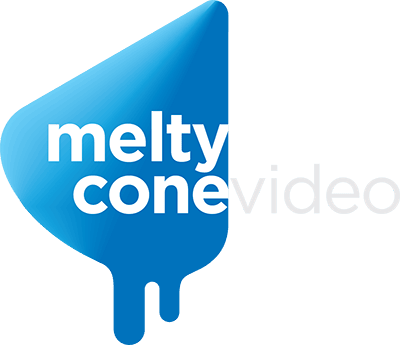As producers of commercial and corporate videos, we’re always inhabiting an interesting gray area in providing scripted, preplanned coverage of a specific service, product, or person, while also promising a measure of creativity. Clients, brands, and agencies tap video production companies and directors with the expectation of some creative input – for that reason, directors and video production companies continue to promote personal projects, spec commercials, short films, and more. The incentive to appeal to clients through a unique brand of creativity continues to drive production companies. At the end of the day, however, we commercial producers still have to accomplish set objectives established in shooting boards, RFPs, and marketing guidelines.
How do we define that gray area more and know the proper balance for a project? In other words, when do we know when to push the boundary of how much creative influence we have on a project, and when do we more rigidly execute a vision presented by a client? The answer, beyond “it varies per project,” is something we find in defining our communication patterns and in being very clear with how we’re interacting with our client or agency. In general terms, that means establishing our “boxes” where we’re allowed to roam and moving free within those boxes.
If an agency gives us a board and script for a specific spot and the creative director wants the talent to look, act, and speak a certain way, that’s something we’ll ask about director input on, but ultimately move away from if it’s something “sacred” to the heart of the project. In another area of that same project, if the agency mentions to us that they want the director’s input specifically on location, the director may pool his creative fuel in specifically imagining far and wide within the “box” of location brainstorming.
A lot of that is something that we can gauge right away from the way a job is presented to us, whether it be an RFP, board, inquiry, or phone call. Fewer guidelines may mean more input from us. Conversely, more guidelines means we’re interpreting and adding flavor as opposed to defining the creative direction of a piece, which is always a sliding scale for directors.
From that initial gauge of those “boxes” and where we’re contributing creative direction, we continue to whittle down and explore what seems comfortable with the client. Beyond staples to video production like talent, location, and general cinematography, we may throw out some ideas and see how the client team as a whole feels about adjusting details in a certain area. For example, and as related to before, if a client is set on talent and what they want the talent to be like, we’ll ask – what’s our latitude with wardrobe? How crazy can we get with that?
A lot of the general idea here related to creativity, fulfilling client needs, and objectives of a video are specifically concentrated on the role of the director. However, as a video production company, and, specifically, as Executive Producers, both Lucas and I can speak to the quality of video production as a collaborative effort where you’re encouraging and complementing a director through helping suggest those questions and helping the director find those areas where s/he can really bring a lot of those creative juices to the project.
Two real examples might help frame this discussion.
For the practical purpose of promoting a company’s service through testimonials with our client, we worked with our client to lock in the importance of the key talking points of our testimonials – this involved a lot of specific language since we knew our audience was mostly potential customers who were going to want to listen to the testimonials closely. In that regard, the content of what we were capturing needed to be specific, direct, and concrete. Beyond that, we asked about b-roll moments we could plan to supplement those interviews and how we could frame those moments. Where the interviews followed a traditional structure of framing our interviewee with one set wide angle camera with another camera to the side, on a slider, closer in on the interviewee, our b-roll moments were fun opportunities to explore 60fps, ramped slow-mo, interesting lighting effects related to the specific type of work to that client providing the testimonial, and more floating and handheld authenticity. We provided the client with the lines needed for a powerful testimonial and helped shape the visual aspects to complement that.
On the other end of the spectrum, we’ve been provided boards for a job that were locked in across the range of creative elements – like I mentioned before, talent, location, even wardrobe were all very specific agency requests. With that in mind, our director focused more on execution and helping our actors, crew, locations, resources, etc., live up to the boards put in front of us. We explore that area of what “boxes” we could have fun with in terms of creative and were happy to be very collaborative in executing and preserving what was sacred to the agency.
No matter the project, our number one focus as a video production company is to make our clients feel happy with their end deliverables. Where asked, we are more than happy to let our imaginations soar and guide creative processes.
Written by Chris Kubik
If you are considering having a video made, contact Melty Cone today and let us know - we are here to help! Melty Cone is a full-service video production company in NYC providing video production services for New York and beyond!


